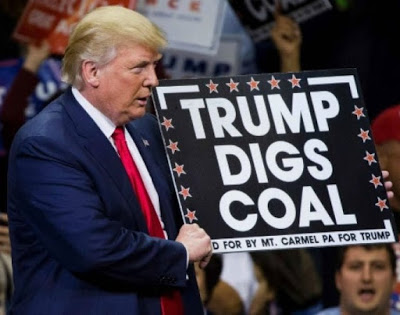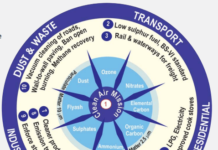The jubilation lasted only 5 days before turning nightmarish. On November 4, 2016, most countries ratified the Paris Climate Change Agreement signed in December, last year, including the US. But when Donald Trump won an unexpected win on November 9 as the 45th American President, the Greens have gone into a tizzy. The Republican Party and Trump are vocal climate change deniers. What will happen to the agreement Barak Obama signed?
Even as the first meeting of the Paris Agreement’s governing body, known as the CMA, takes place in the week of November 15 in Morocco, the world is watching Trump closely. The good news is, most other large countries have stamped their approval and don’t seem to be influenced on what the US does.
Will Trump mellow down and realize the enormity of the challenge? He will be compelled to note the gigantic efforts of leaders of all countries including China and India in arriving at an agreement that seemed unreal even two years ago.
Trump’s victory has crashed stock values of clean-tech, green-tech shares in the US. This will have a spiraling effect on these companies all over the world as most VCs and angels are backing off. For Trump it’s a severe test of rhetoric vs. reality.
The World Meteorological Organization has now confirmed that the average global concentration in the atmosphere of the main greenhouse gas, carbon dioxide, reached the symbolic and significant milestone of 400 parts per million for the first time in 2015 and broke new records in 2016.
This means that the world will find it harder to meet the Paris Agreement’s primary goal to limit global warming well below 2°C and as close to 1.5°C as possible to prevent dangerous climate tipping points, beyond which we may lose the ability to control the outcome.
World leaders expect the Marrakech COP 22 conference to accelerate work on the rule book and a definable pathway for developed countries to materialize the flow of USD $100 billion per year by 2020 in support of climate action by developing ones.
Very large-scale reallocations of investment are necessary. UN estimates show that achieving sustainable development will require USD $5-7 trillion a year, a large slice of which must fund the transition to a low-carbon, resilient world economy. To fulfill these investment needs, we will need to look at creative funding options, beyond the traditional ones and in which both public and private sector flows are aligned and scaled-up.








